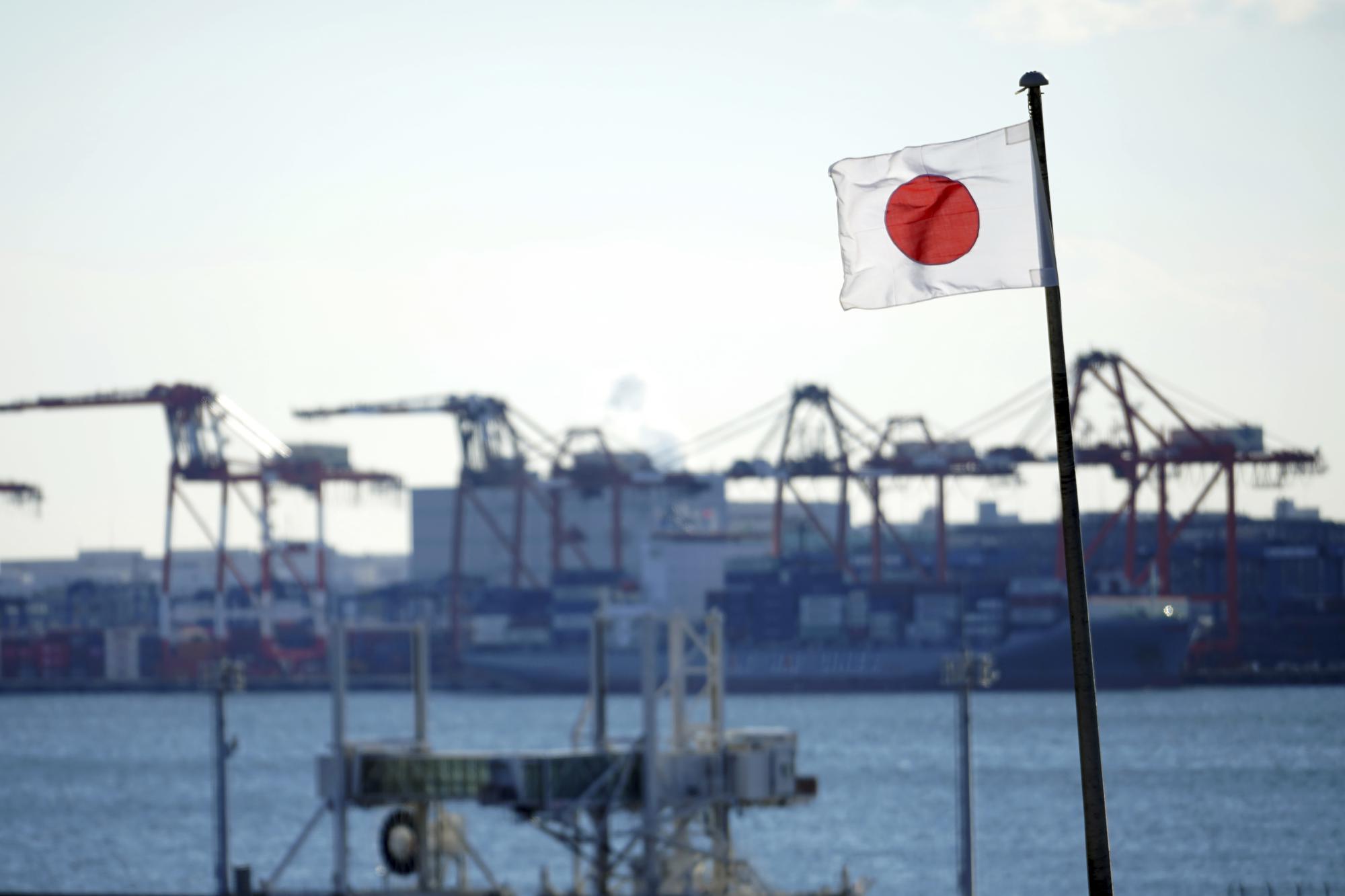Tokyo, 20 October, /AJMEDIA/
Japan posted a record 11.01 trillion yen ($73 billion) trade deficit in the first half of fiscal 2022 as imports surged on higher energy and raw material prices, magnified by the yen’s decline against the U.S. dollar to its lowest level in decades, Finance Ministry data showed Thursday.
The red ink showed the vulnerability of the resource-scarce nation that relies heavily on imports. The weaker yen, once welcomed as a boon to exporters, a major driver of economic growth, has eroded national wealth.
The deficit was the biggest for any fiscal half-year period. Japan logged its previous record trade deficit of 8.76 trillion yen in the October-March period of fiscal 2013.
In the six months to September, imports jumped 44.5 percent to 60.58 trillion yen, outpacing exports that grew 19.6 percent to 49.58 trillion yen, the preliminary ministry data showed.
Major Japanese exports included cars and semiconductors, while imports of crude oil, liquefied natural gas and coal saw marked growth.
Japan has been running a trade deficit for the past 14 months, with Russia’s war against Ukraine sending crude oil and other energy prices sharply higher. In September, the deficit stood at 2.09 trillion yen, following a record 2.82 trillion yen in red ink a month earlier.
The yen’s weakness, a byproduct of the Bank of Japan’s monetary easing, has added to the woes of Japan, due to its effect of inflating the value of imports.
Prime Minister Fumio Kishida, who is seeking to ensure growth and wealth redistribution, has stressed the need to curb income outflows amid the weaker yen. In August, Japan saw its lowest surplus in the current account, which includes the balance of trade.









































